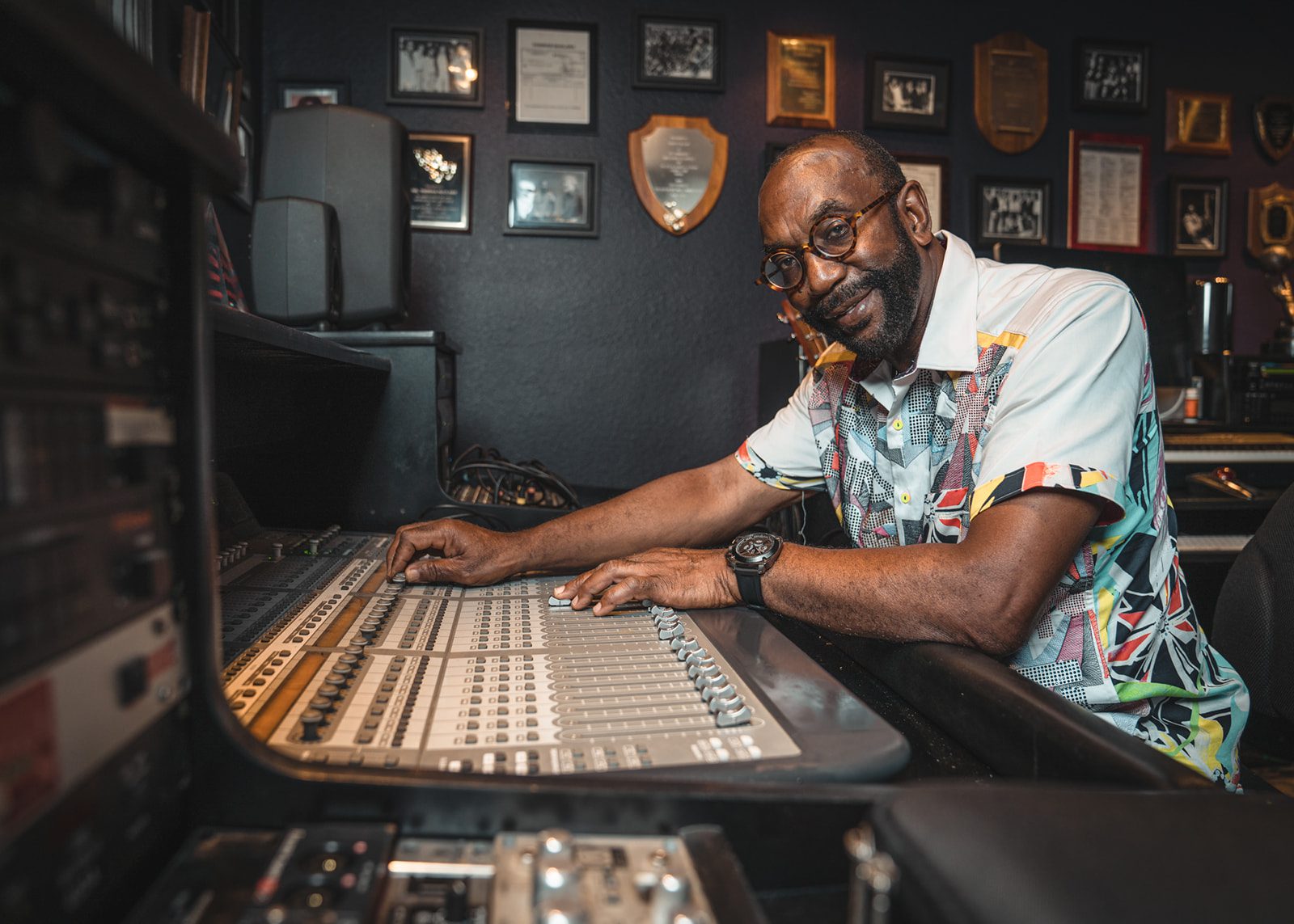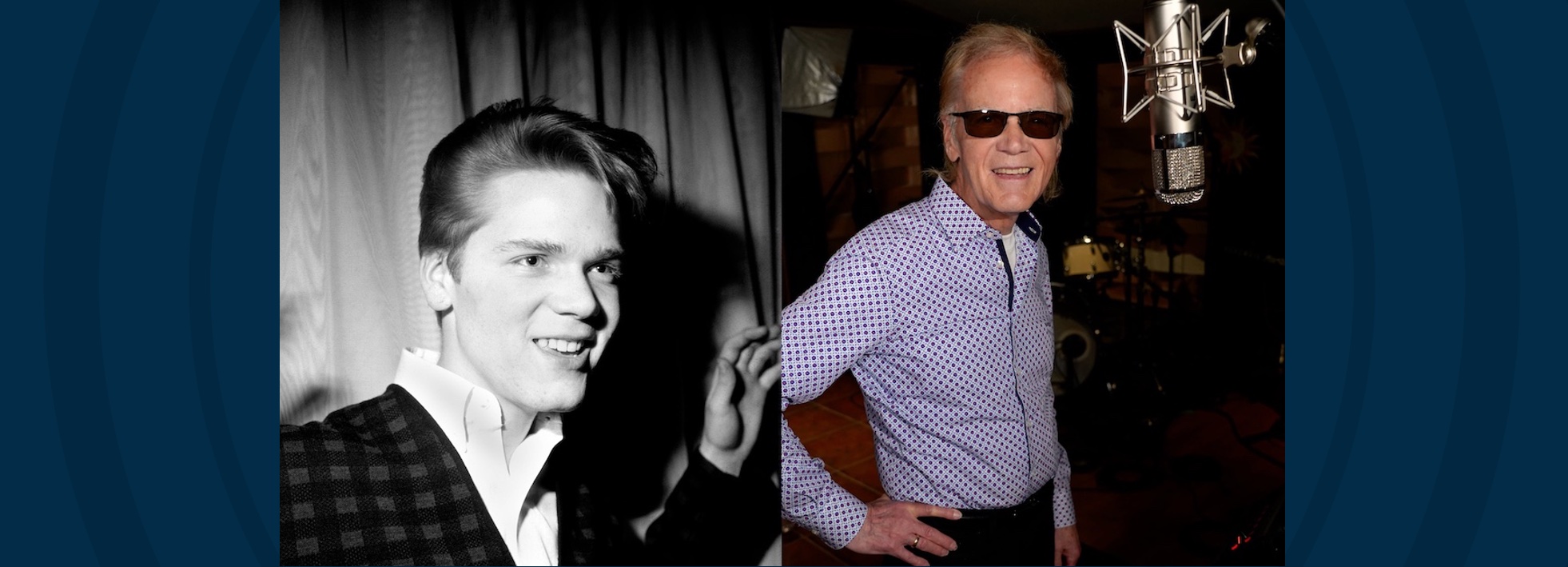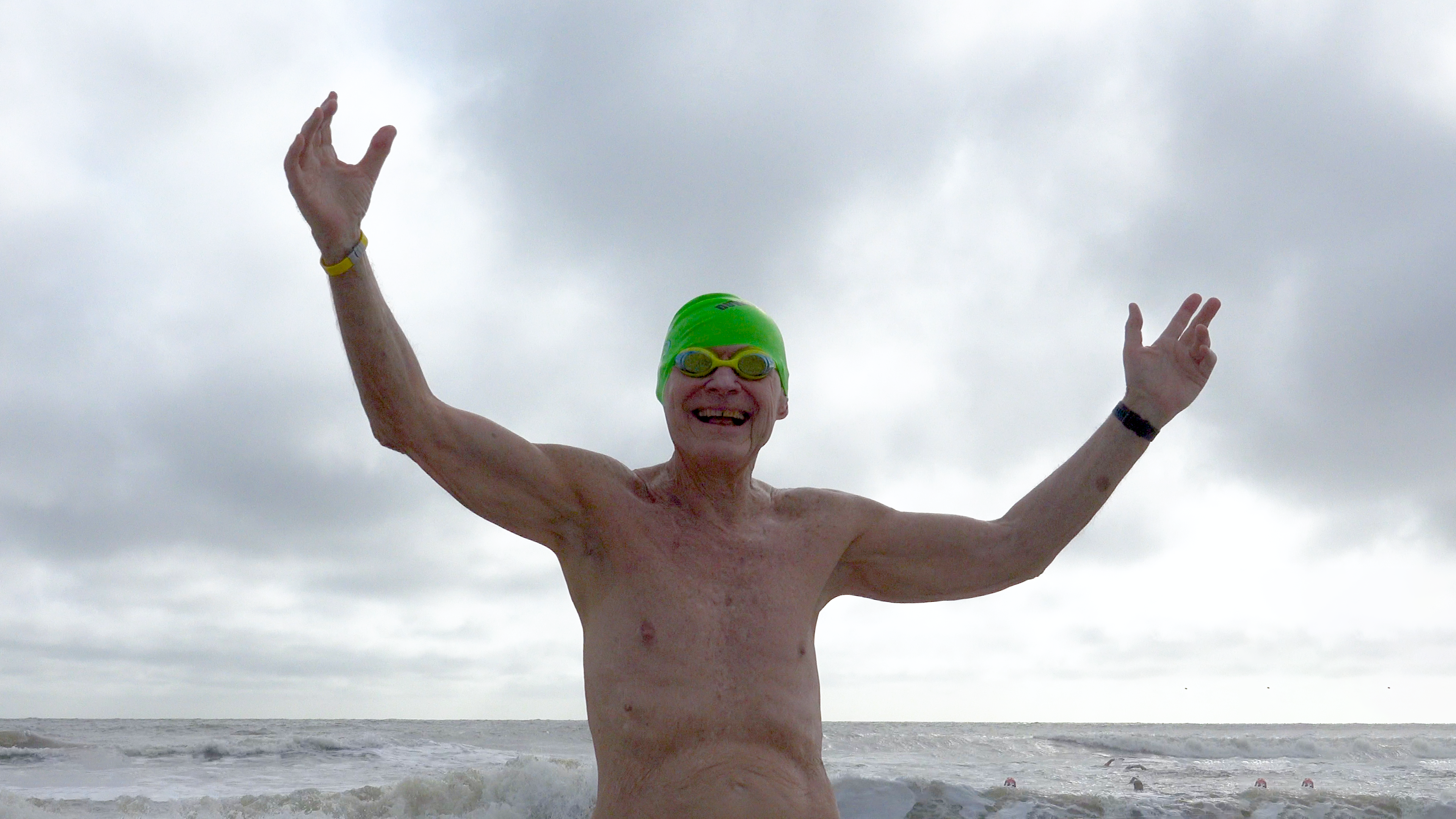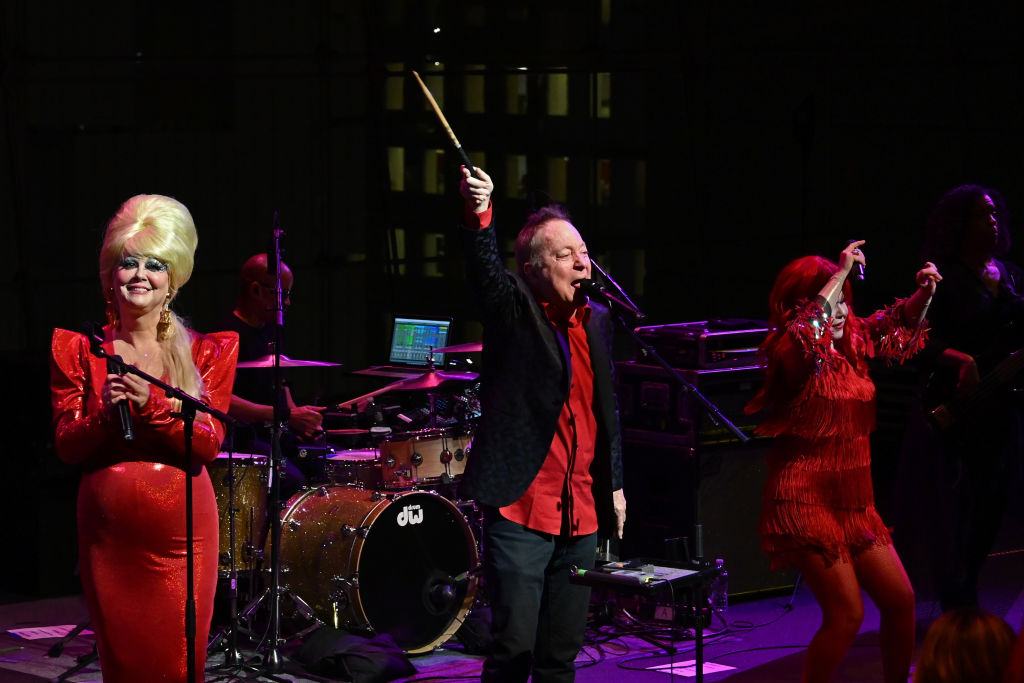Anybody can be happy when things are going well. We can be compassionate when we are winning. We can be generous when we are wealthy. The true test is how we act when times are tough. This is not just another story about a former rock star. Thomas McClary, founder of the Commodores, is an example of how to face adversity, maintain character, and live with compassion.
Clash of the Commodores
If you know the name Thomas McClary, it is probably because he is the founder of the legendary funk and soul band, the Commodores. Led by McClary and Lionel Richie, the former college classmates and Grammy-winning group were on top of the charts for over a decade, from the mid-‘70s to the mid-‘80s, with such hits as “Brick House,” “Easy,” “Three Times a Lady,” and “Sail On.” The band sold over 70 million albums worldwide.
But as happens with many bands, at the height of their fame, the group began to come apart. Richie became the face of the Commodores, and other members did not like it. McClary became stuck in the middle.
“I tried to compare our situation to the Rolling Stones, where Mick Jagger was the star but the whole band was a winning team; but the guys wouldn’t accept it,” McClary explained. “Suddenly, I was getting blamed for either being too pro-Lionel or too pro-group.”
Shortly after Richie left the Commodores, McClary did, too. Not only did that surprise the music world, but it also shocked those who knew him, especially when he announced he was moving back to his hometown, Eustis, Florida.
A legend goes home
“My old buddies couldn’t believe it, man,” McClary said. “They thought I was nuts. I was leaving the Commodores, and I had just co-written songs for Kenny Rogers, Whitney Houston, and for the ‘Endless Love’ soundtrack, and I was giving that up to move back to Eustis?”
Leaving the Commodores was not the first time McClary chose to take a stand. In 1965, McClary was in high school during a time when racial tensions were high across the country, especially in Eustis.
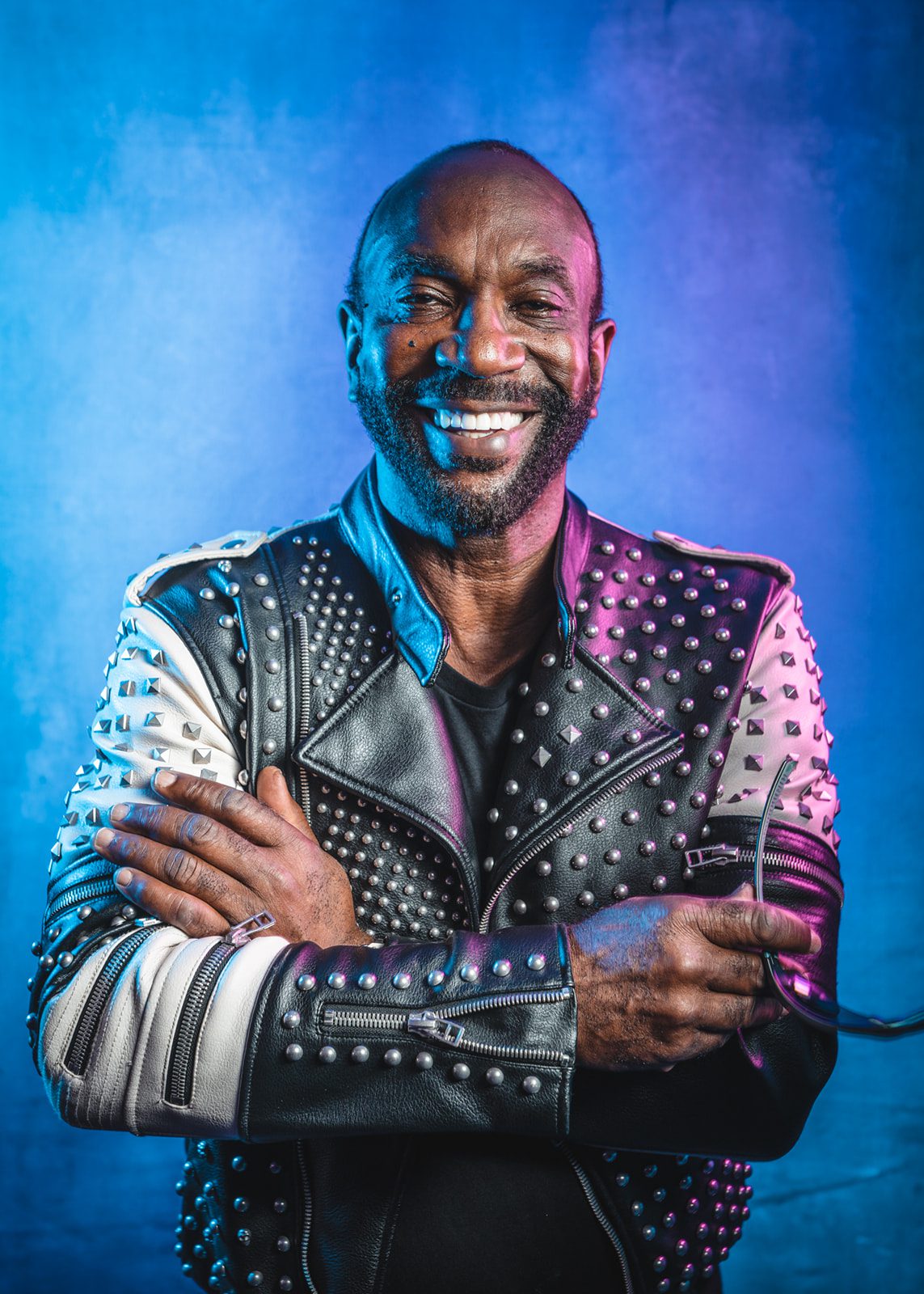
“There were blacks dying mysteriously in jail, and people were burning crosses at black people’s homes, threatening them at night, and hiding their faces in the day,” McClary said. “It occurred to me that the all-white high school was much closer to my house than the all-black school so I thought, ‘Why shouldn’t I just walk there and go to school?’ And one day I decided that’s what I was going to do.”
Fighting for civil rights
McClary became one of the first black students at his high school in the early days of integrating the Florida Public School System.
“I believed very deeply in the teachings of Dr. Martin Luther King, Jr. and Jackie Robinson,” McClary said. “I was aware they had chosen the nonviolent route and that was my choice as well. I was determined to love no matter what happened to me. Well, as I walked into the school I was pelted with rocks and oranges, and someone even tried to light my sweater on fire while I had it on.”
Moving forward with love
Surprisingly, McClary smiles as he relives that memory. To this day he shows no trace of anger, hatred or resentment, something many still question him about.
“I kept my cool back then because I believed love was the way, and I believe in love,” he explained. “Some of my best friends are white, some of my worst enemies are black. It is not about the color of your skin but the character in your heart, and only with love do we keep the door open to moving forward together.”
McClary believes that giving in to anger and rage distracts from your message and pushes you farther away from resolving the source of your anger.
“We get so caught up in words we forget the real purpose of our movement,” McClary said. “You have to keep asking yourself, ‘How can I make a difference? How can I improve my immediate environment? How can I change other people’s minds?’”
Betrayed by the band
McClary was forced to lean upon his philosophy in 2016 when current members of the Commodores sued to stop him from using the band’s name.
“Man, after 30 years of trying to bring the Commodores back together, I said, ‘You know what? I’m just gonna do some dates, and maybe they’ll come along.’” McClary recalled. “And the next thing I knew, they hit me with a lawsuit. It was the most devastating period of my life to have my brothers, who I literally hand-picked to be in the group, say to me, “You know what? We’re going to put the law on you and ban you from even being a part of something that you created.’”
McClary was crestfallen but not defeated. Instead of resenting the Commodores, he continues to reach out to them, hoping one day that they can reunite and perform again.
“I’m still in denial, I guess,” he said. “I just can’t believe that after all we’ve gone through that they could be so tunnel-visioned about putting themselves ahead of the group. Maybe I’ll wake up one day; but right now, I still have dreams and aspirations of reuniting with the guys.”
The best time of my life
In the meantime, McClary put together a band featuring his adult children, and the reviews have been encouraging.
“You know when you have that sense that you’re right on the verge of just something huge?” he said. “That’s where I am right now. I’m so excited, I believe the best time of my life is right now.”
Faith in God is a big part of what keeps McClary excited about life, but he believes there is more to it than just that.
“Prayer is good but you gotta work,” he said. “You gotta be eager to roll up your sleeves and put in those extra hours when everybody else is asleep. On tour when everyone else was partying, I would be giving back to the communities. You’ve got to meet the people, listen to them, and try to make a difference. I just see that as part of the journey. I think it’s what keeps me on the right road.”
Writing his autobiography, “Rock and Soul: Thomas McClary Founder of the Commodores,” helped him put his feelings to words and clarify his philosophy of life.
“I have learned that life is about cherishing every single moment and understanding that there’s an assignment that you have while you’re here, and that’s making a difference in the lives of others.”
“Age does not matter, because at 71 I feel like I am 41. And you know what? At 71, you can still groove and that’s what I intend to do!”

